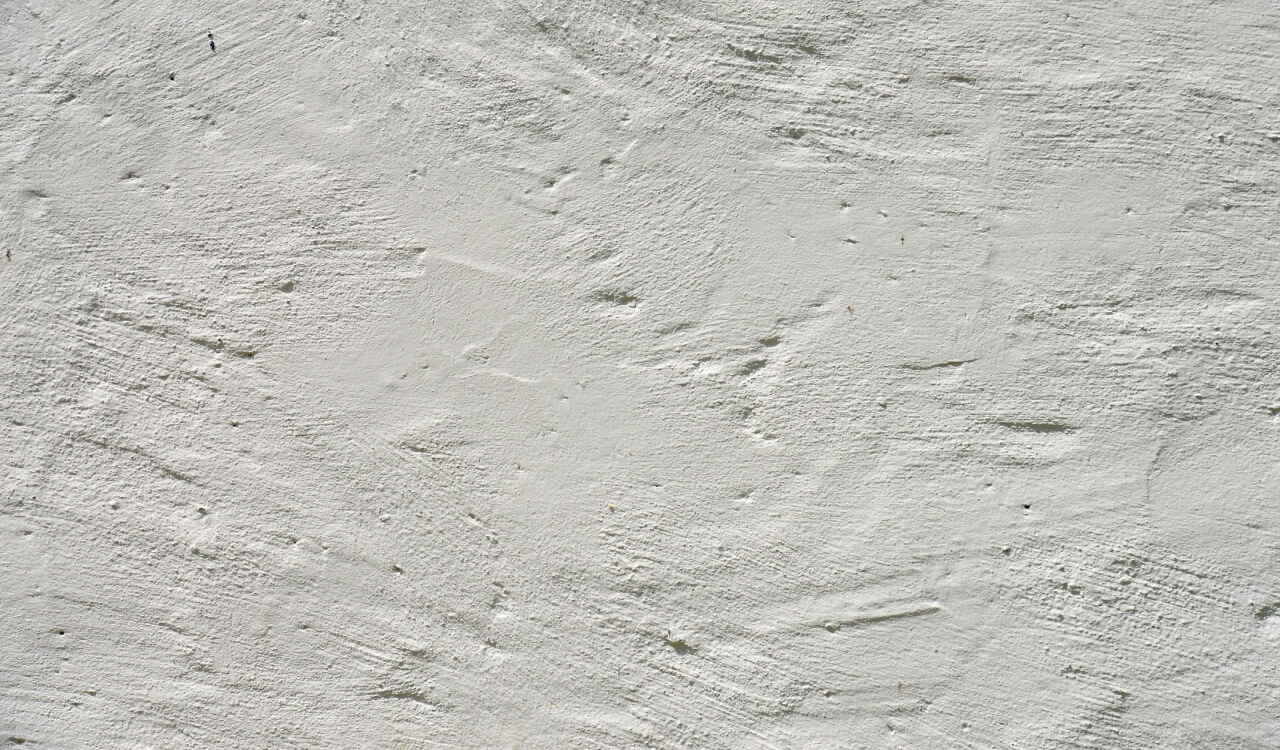
Unveiling the Truth: Does Water Cause Drywall to Crack?
November 14, 2023Drywall is a commonly used material in construction, known for its versatility and ease of installation. However, one concern that often arises is whether water can cause drywall to crack. In this blog post, we will delve into this topic and explore the various factors that contribute to drywall cracking, debunking common misconceptions along the way. By understanding the relationship between water and drywall, you will be better equipped to prevent and address potential issues.
- The Role of Moisture in Drywall Cracking:
Contrary to popular belief, water alone does not directly cause drywall to crack. Drywall is composed of gypsum, a mineral that is inherently resistant to water damage. However, excessive moisture can indirectly lead to cracking by affecting the surrounding environment. High humidity levels, leaks, or prolonged exposure to water can weaken the structural integrity of drywall, making it more susceptible to cracking. - Expansion and Contraction:
One of the primary reasons for drywall cracking is the natural expansion and contraction that occurs due to temperature and humidity fluctuations. When exposed to moisture, drywall absorbs water molecules, causing it to expand. As the moisture evaporates, the drywall contracts. This continuous expansion and contraction cycle can lead to stress on the material, resulting in cracks over time. Proper ventilation and temperature control can help mitigate this issue. - Water Damage and Structural Issues:
While water itself may not directly cause drywall to crack, it can contribute to other forms of damage that ultimately lead to cracking. Water leaks, whether from plumbing issues or external sources, can penetrate the drywall and weaken its structural integrity. This weakened state makes the drywall more prone to cracking, especially if the underlying issue is not addressed promptly. Regular inspections and maintenance are crucial to identify and rectify potential water damage. - Prevention and Maintenance:
To prevent drywall cracking, it is essential to maintain a controlled environment with moderate humidity levels. Proper insulation, ventilation, and the use of moisture-resistant drywall in areas prone to moisture, such as bathrooms and kitchens, can significantly reduce the risk of cracking. Additionally, addressing water leaks promptly and ensuring adequate drainage systems are in place will help preserve the integrity of the drywall. - Repairing Cracked Drywall:
In the unfortunate event of drywall cracking, timely repair is crucial to prevent further damage. Small cracks can often be fixed using joint compound and drywall tape, followed by sanding and repainting. However, extensive or recurring cracks may indicate underlying structural issues that require professional assessment and repair. Ignoring such cracks can lead to more significant problems, including compromised safety and increased repair costs.
Conclusion:
While water itself does not directly cause drywall to crack, its presence and the subsequent moisture-related issues can weaken the material, making it more susceptible to cracking. Understanding the relationship between water and drywall is essential for maintaining the integrity of your walls and preventing potential damage. By implementing preventive measures, promptly addressing water leaks, and conducting regular maintenance, you can ensure the longevity and durability of your drywall. Remember, a proactive approach is key to preserving the beauty and functionality of your living or working space.